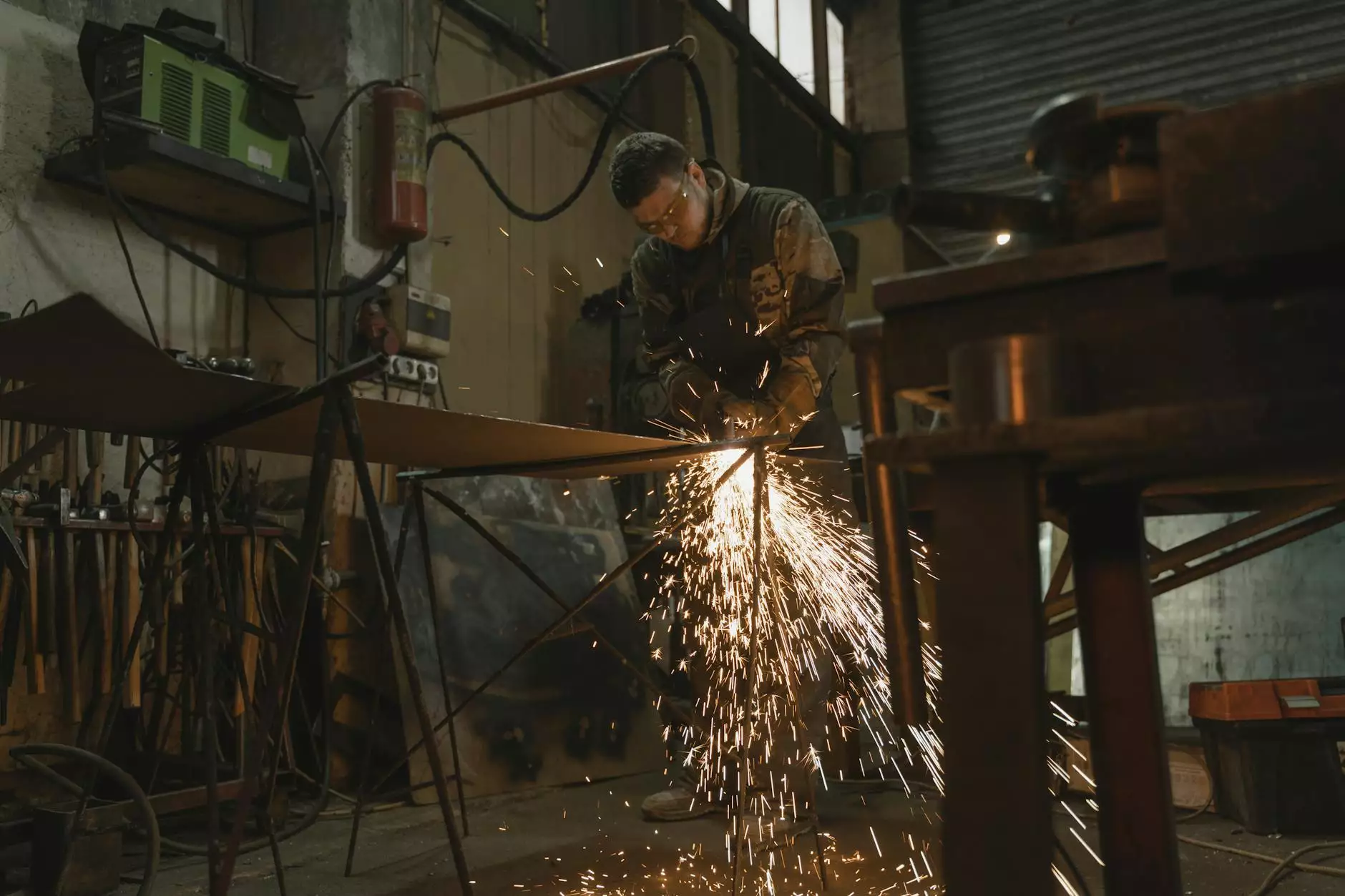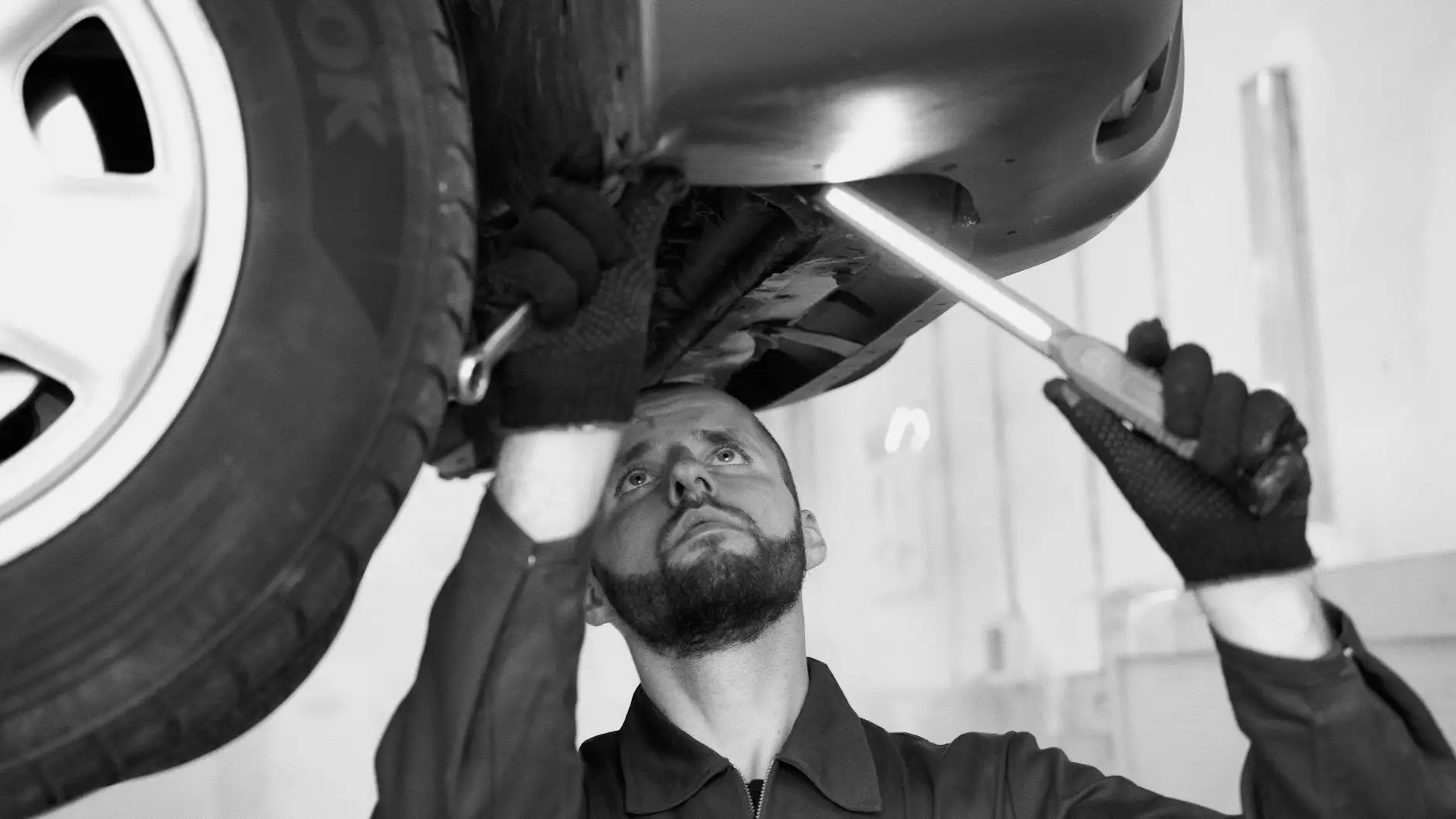The Essential Guide to Labelling Machines for Clothes

Introduction
In today's competitive fashion industry, labelling machines for clothes play a crucial role in optimizing operational efficiency and enhancing brand identity. This article delves deep into the functionalities, advantages, and reasons why investing in a labelling machine is imperative for your business.
Understanding Labelling Machines
A labelling machine is a device designed to attach labels to products efficiently. In the context of the clothing industry, these machines help affix care instructions, prices, barcodes, and branding labels on textiles. The modern labelling machines are capable of producing high-quality prints on a variety of fabric types while being fast and reliable.
Why You Need a Labelling Machine for Clothes
Utilizing a labelling machine can significantly streamline your production process. Here are some compelling reasons to invest in one:
- Efficiency: Labelling machines can operate at high speeds, allowing you to label hundreds of items within minutes.
- Consistency: Automated labelling ensures that every label is placed correctly and uniformly, enhancing your brand's professionalism.
- Cost-Effective: By reducing labor costs and the time spent on manual labelling, businesses can save money in the long run.
- Customization: Many labelling machines allow for customizable labels, enabling you to include logos, care symbols, and other essential information tailored to your brand.
- Durability: High-quality labelling machines produce labels that are resistant to fading and wear, ensuring that your products remain identifiable throughout their lifecycle.
Types of Labelling Machines for Clothing
Selecting the right labelling machine for your clothing line involves understanding the various types available. Here are the most common types:
1. Manual Labelling Machines
Manual labelling machines are suitable for small businesses or as a supplemental tool for larger operations. These machines require the operator to apply the labels manually, which can be time-consuming but is often cost-effective.
2. Semi-Automatic Labelling Machines
Semi-automatic machines balance efficiency and control. They are designed to automate parts of the labelling process while still requiring some manual input. This type is ideal for businesses that experience fluctuating production volumes.
3. Fully Automatic Labelling Machines
Fully automatic labelling machines are ideal for high-volume operations. These machines can label items continuously with minimal human intervention, significantly increasing output and reducing labor costs.
4. Thermal Transfer Labelling Machines
Thermal transfer machines utilize heat to transfer ink from a ribbon to the label material, resulting in high-quality prints that are both durable and scratch-resistant. This type is perfect for clothing labels that require detailed information.
5. Inkjet Labelling Machines
Inkjet machines use liquid ink to print labels. They are versatile and can print on various surfaces, making them ideal for businesses needing custom labels for different clothing lines.
Key Features to Look for in a Labelling Machine
Choosing the correct machine involves examining several key features:
- Print Quality: Look for machines that offer high-resolution printing to ensure your labels look professional.
- Speed: Consider how quickly the machine can label items to meet your production demands.
- Ease of Use: A user-friendly interface will help your staff operate the machine effectively.
- Versatility: Opt for machines that can handle different label sizes and materials.
- Software Compatibility: Ensure the machine works with your design software for easy label creation.
The Role of Labelling in Brand Identity
A well-designed label serves more than just a functional purpose. It embodies your brand's identity. Here’s how it contributes:
- Brand Recognition: Eye-catching labels help your products stand out on shelves, driving customer interest.
- Customer Information: Clear labeling provides customers with essential information like sizing, care instructions, and materials.
- Compliance: Labels ensure that your products meet legal requirements, providing necessary disclosures and warnings.
The Integration of Technology
Modern labelling machines come equipped with advanced technology that enhances efficiency and quality. Here are some examples:
- Smart Sensors: These sensors detect the item’s position, ensuring precise label placement.
- Automated Software: Integrated software can streamline the design process, allowing for easy adjustments and rapid printing.
- Data Tracking: Some machines can integrate with inventory systems, making it easy to track products throughout the supply chain.
Choosing the Right Labelling Machine Provider
When selecting a supplier for your labelling machine, consider the following:
- Reputation: Research potential suppliers like DurafastLabel who are known for quality and reliable service.
- After Sales Support: Ensure they provide ongoing support and maintenance for your equipment.
- Warranty: Look for machines that offer comprehensive warranties covering defects and repairs.
Conclusion
In summary, investing in a labelling machine for clothes is a strategic move for any clothing business. It enhances efficiency, improves brand identity, and ultimately leads to higher customer satisfaction. With a variety of machines tailored to different needs, businesses can choose the perfect labelling solution to streamline their operations. By partnering with a reputable supplier like DurafastLabel, you can ensure that your clothing labels stand out while effectively communicating your brand’s message. Explore the options available and take your business to the next level with a labelling machine that's right for you.









